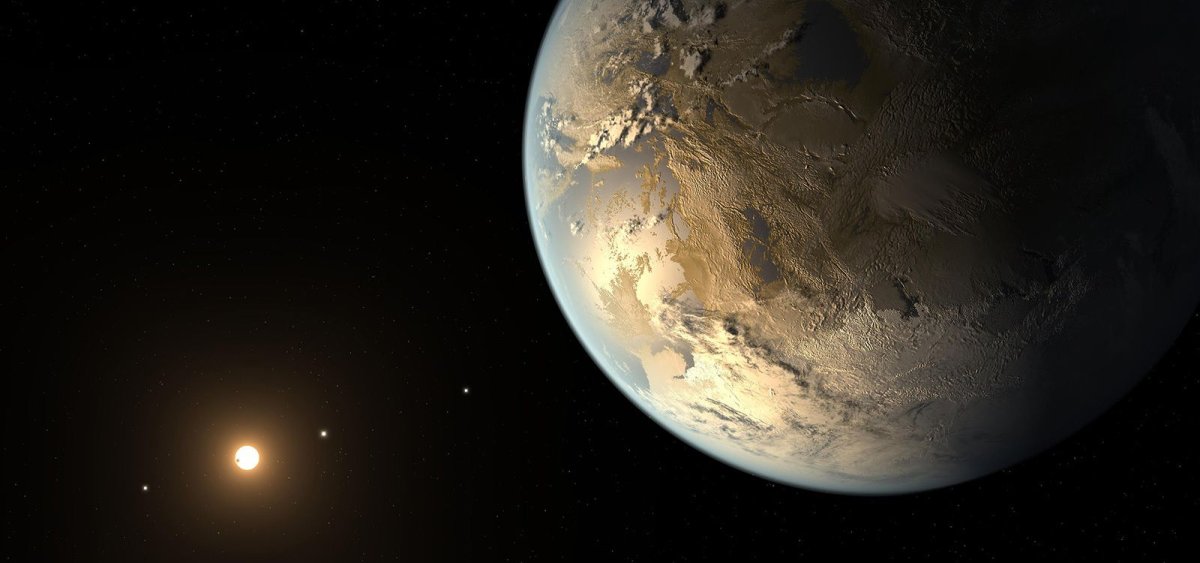Gravity has its dark side, as anyone who has fallen down a flight of stairs is painfully aware. But if you think gravity is annoying here on Earth, be grateful you don't live on a more massive planet, where gravity would be even stronger.
In fact, any civilizations that are living on massive planets may end up essentially trapped by gravity, suggests a paper posted recently on the pre-print site arxiv.org. That's because stronger gravity requires stronger—and pricier—rockets to overcome.
"On more massive planets, spaceflight would be exponentially more expensive," author Michael Hippke, an independent researcher based in Germany, told Space.com. "Such civilizations would not have satellite TV, a moon mission or a Hubble Space Telescope."
Humans have been spacefaring beings for less than a century, and there's a good reason for that: rockets are a challenging technology. You need a lot of speed to escape Earth's gravity and reach orbit—about 25,000 miles per hour—and getting all that speed means burning quite a lot of powerful fuel.
But Hippke wondered what would happen when gravity got stronger, as it would on more massive planets that are still rocky worlds, dubbed "super-Earths," where the speed needed to escape gravity could be more than twice as fast.
His calculations suggest that on planets up to about 10 times Earth's mass, extraterrestrial spacefarers could make do with rockets powered by chemical fuels, like ours.

Of course, the heavier the thing any hypothetical aliens wanted to put into orbit, the less practical the endeavor would become. To lift something like a crewed Apollo mission, Hippke calculated the inhabitants of a world 10 times heavier than Earth would need a pile of rocket fuel the same mass as the largest of the Great Pyramids, which he dubs "probably a realistic limit for chemical rockets."
There is one alternative for any gravity-bound extraterrestrials who dream of touching the stars: developing a more powerful source of speed. Specifically, Hippke suggests nuclear-powered rockets.
Uncommon Knowledge
Newsweek is committed to challenging conventional wisdom and finding connections in the search for common ground.
Newsweek is committed to challenging conventional wisdom and finding connections in the search for common ground.
About the writer
Meghan Bartels is a science journalist based in New York City who covers the science happening on the surface of ... Read more
To read how Newsweek uses AI as a newsroom tool, Click here.








